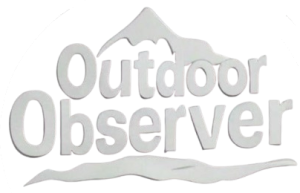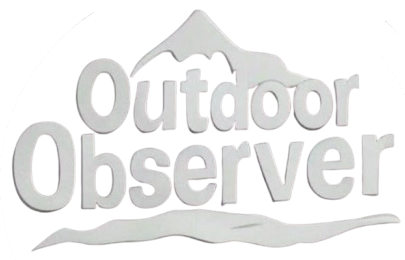This Content Is Only For Subscribers
In recent years, outdoor enthusiasts have consistently turned to three brands when selecting a rain jacket for hiking, backpacking, or general exploration: Arc’teryx, Patagonia, and The North Face. Each of these names has carved out a niche among hikers and climbers, not because of flashy marketing, but because they’ve earned trust through consistent performance in real conditions. As someone who has spent hundreds of days on the trail, in all kinds of weather, I want to break down what each offers based on genuine outdoor experience.
Arc’teryx jackets, particularly the Beta SL or Zeta SL, are made with Gore-Tex and known for their precision and build quality. They’re ideal for folks who move fast and light through rough, variable terrain. These jackets keep you dry during extended downpours while still offering breathability, something you’ll appreciate on steep inclines. The cut is athletic, the materials are durable, and the waterproofing holds up after seasons of use. But they don’t come cheap—you’re paying for technical reliability.
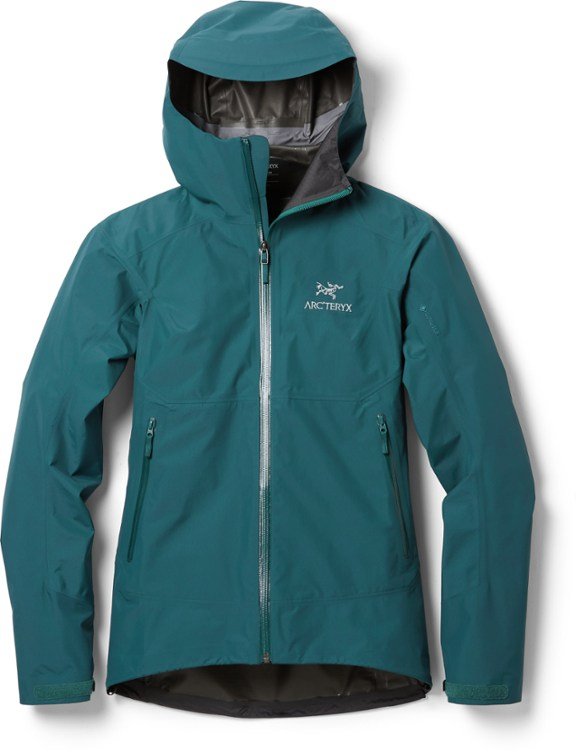
Patagonia, on the other hand, appeals to those who want solid protection and care about sustainability. The Torrentshell 3L is a practical option that does what it’s supposed to do: keep you dry without overcomplicating things. It’s made from 100% recycled nylon and uses the H2No® Performance Standard for waterproofing. For the weekend backpacker or someone doing multi-day treks who values ethical production, Patagonia delivers peace of mind and reliable function.
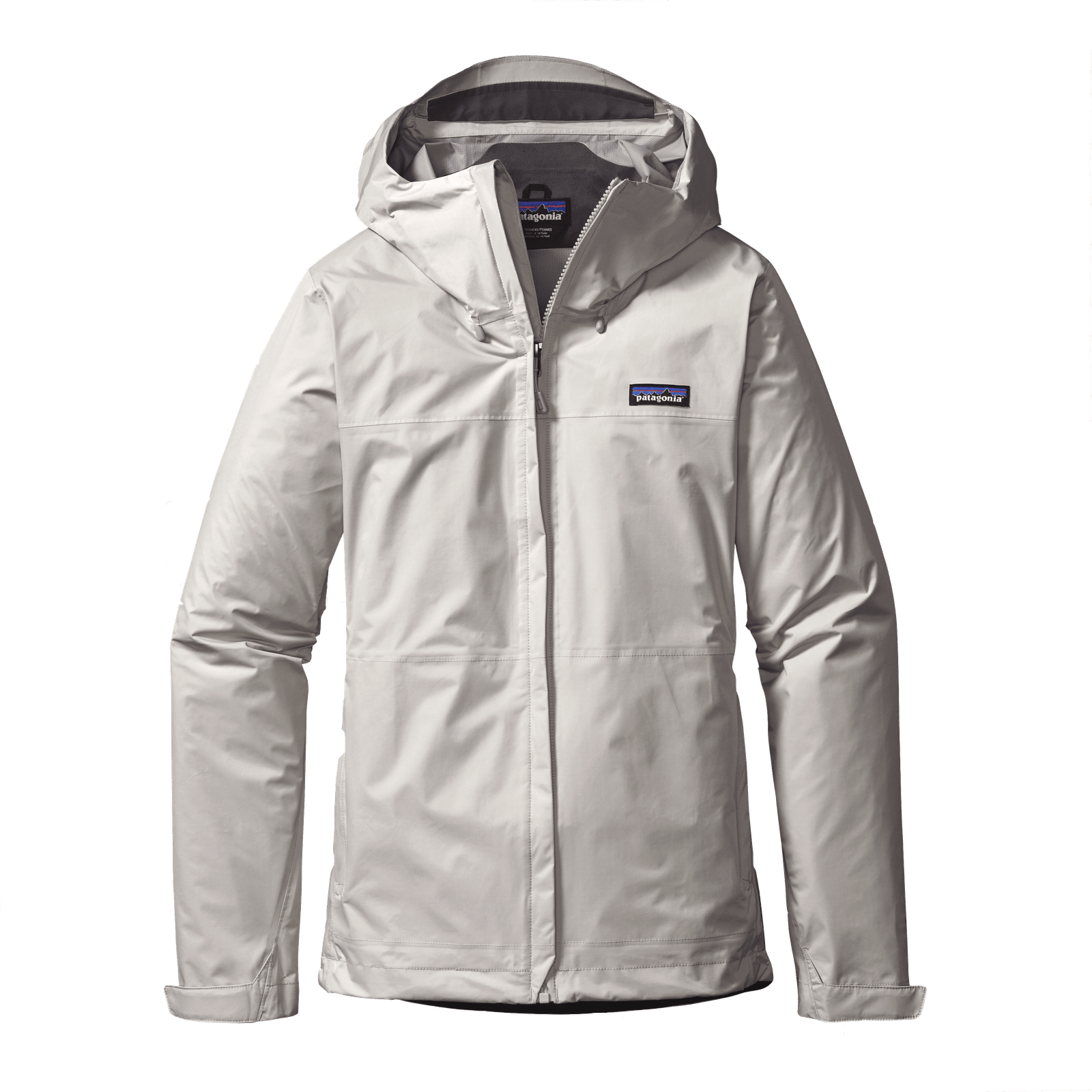
Then there’s The North Face. Their Venture 2 jacket, for example, is popular because it’s widely available, decently priced, and gets the job done. It uses DryVent, which is waterproof enough for most conditions and breathable enough for general use. It might not be the best for extreme situations, but it offers a dependable balance for casual hikers, beginners, and those who don’t want to overthink gear.
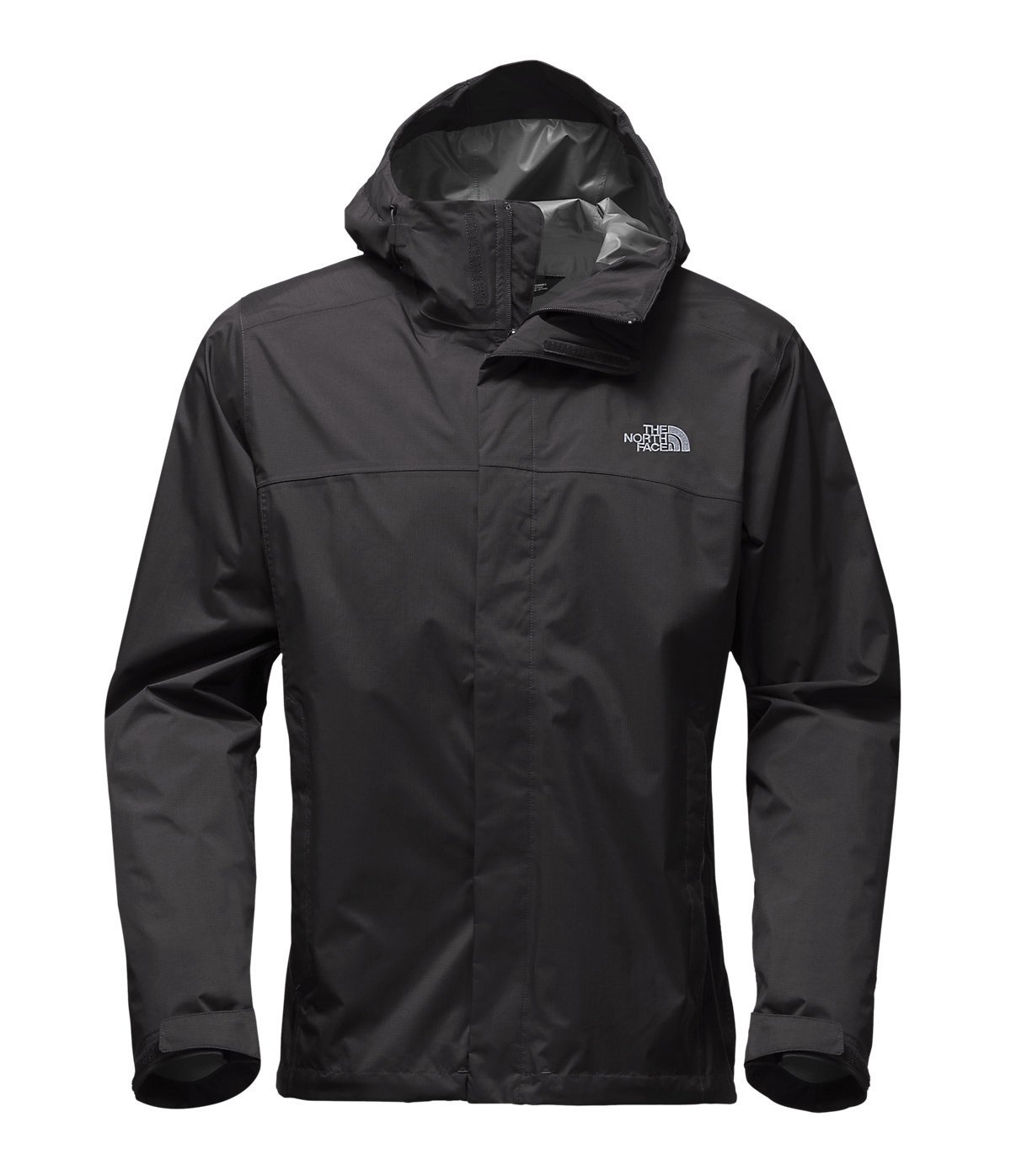
So what’s the right one for you? If you’re logging serious miles and need absolute reliability, Arc’teryx is worth the investment. If you care about how your gear is made and want something versatile, Patagonia offers a responsible choice. And if you’re building your kit on a budget or just getting into the outdoors, The North Face covers the basics well.
This isn’t about brand loyalty. It’s about knowing what kind of hiker you are and choosing gear that supports your goals. Every jacket has strengths; the key is matching those to your priorities on the trail.
